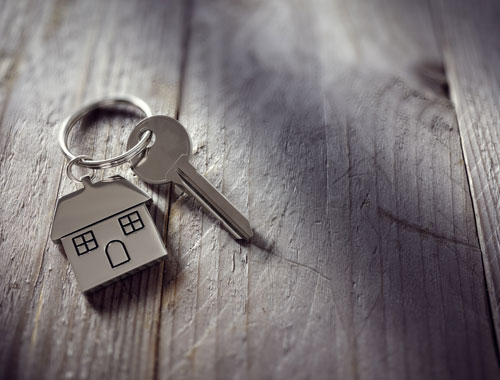What responsibilities do Landlords have while renting a home?
Becoming a landlord is a great way to secure a long-term return on your property investment. It also brings a number of legal responsibilities and a duty of care towards the tenants who are living there – even if some of them are not mentioned in the tenancy agreement. If you are wondering what responsibilities landlords have while renting a home, read on to find out more.
Right to rent
Before a tenancy can be agreed, the landlord or agent must check that the applicant is legally able to rent the property. This involves confirming they are aged 18 or over and that they have a legal right to reside in the UK. Only original documents can be supplied to verify this rather than photocopies.
Property information
Before a tenant moves into the property, they must be given an energy performance certificate (EPC) to verify the heating efficiency of the property is rated at least ‘E’.
A gas safety check must have been carried out by a Gas Safe registered engineer and a safety certificate provided to the tenant to demonstrate gas appliances, flues and pipes are in good working order.
A qualified electrician should check electrical appliances and power points in the property. A PAT (portable appliance test) sticker must be left on the plug of each tested item showing the date it was tested and when the next inspection is due to be carried out.
Tenants that have started or renewed a shorthold tenancy on or after October 1st 2015 must also be provided with a copy of the How to rent guide.
Deposit security
By law a landlord must secure a deposit supplied by an assured shorthold tenant in a government-run deposit protection scheme. For yearly rents of less than £50,000 the maximum deposit that can be requested is five weeks.
The deposit should then be placed in the deposit protection scheme within 30 calendar days of receipt and full details provided to the tenant, including contact details.
If the deposit isn’t protected it could mean the tenant is able to seek compensation in court and it may become more difficult to end the tenancy.
When the assured tenancy is finished, the deposit must be returned, unless any deductions have to be made for dilapidations.
Maintenance and repair
A standard tenancy agreement will state that the landlord is responsible for the majority of repairs in the property. This includes things like dealing with issues related to windows, flooring, roofing and plumbing. Problems with electrical wiring, boilers and heating and hot water also fall under the landlord’s remit.
If you wish to inspect the property you must provide at least 24 hours’ notice in writing and agree a suitable time to visit the property.
Health and safety
In addition to providing a gas safety certificate to the tenant before they move in, a gas safety check must also be carried out every 12 months by a Gas Safe registered engineer and a new certificate supplied.
All wiring and electrical appliances must be made safe throughout the tenancy, and for landlords of multiple occupation (HMO) properties, the electrics will have to be checked every five years.
Wired smoke alarms must be installed on each floor of the property, as well as carbon monoxide detectors. If you live with your tenant, then smoke alarms are not a requirement.
If you are thinking of becoming a landlord or have any questions about landlord responsibilities, get in touch with our friendly letting agent team who will be happy to provide more information.

